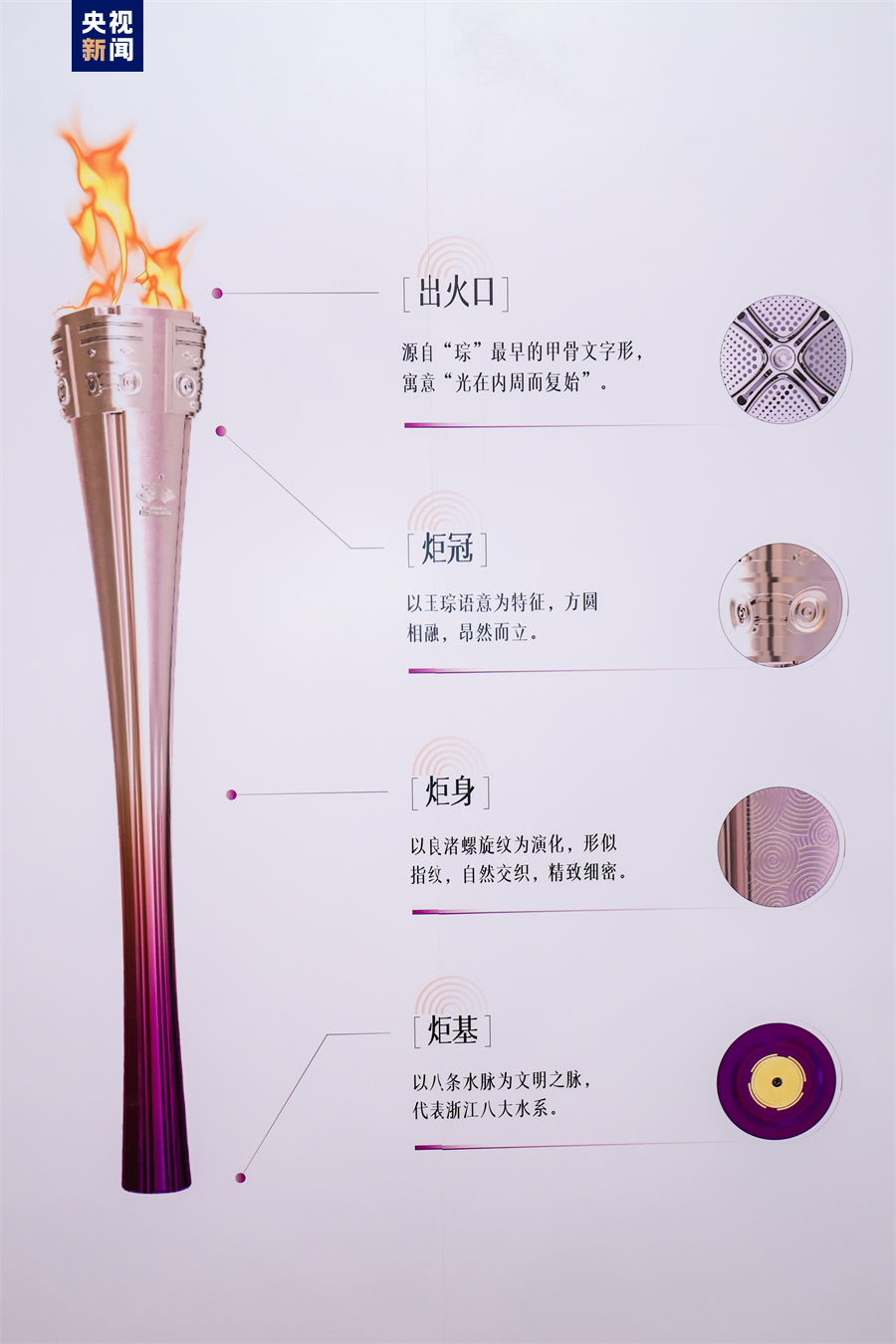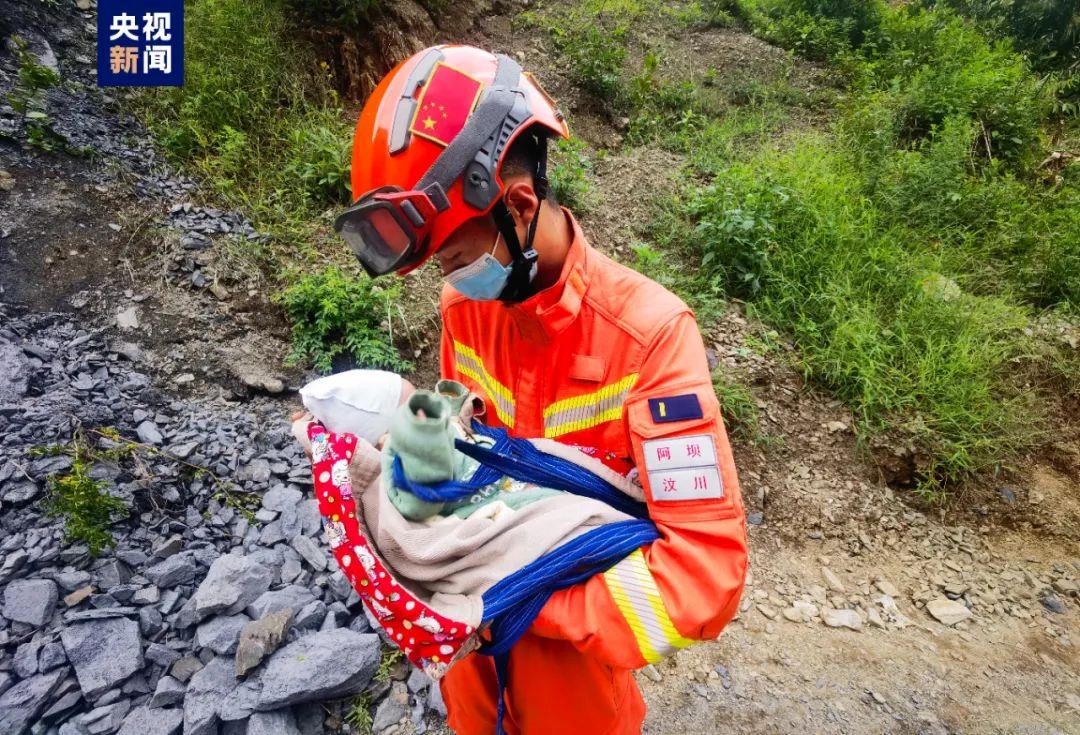高一英語人教版課件-新高一第一冊英語課本
Unit 1 Festivals and Celebrations WHY DO WE CELEBRATE FESTIVALS
我們?yōu)槭裁磻c祝節(jié)日?
Festivals are celebrated They have a wide range of origins, the seasons of the year, religions, famous figures, and important events. Every festival has its different customs and unique charms. However, different they may seem, all over the world, the spirit of sharing joy, gratitude, love, or peace is common in all festivals.
世界各地都慶祝各種節(jié)日。節(jié)日的由來五花八門,比如時節(jié)、宗教、著名人物及重要事件。每個節(jié)日都有其不同的習俗和獨特的魅力。然而,無論它們多么迥異,在世界各地,分享快樂、感恩、友愛或和平的精神存在于所有節(jié)日之中。
Of all the traditional festivals, the harvest festival can be found in almost every culture. This important agricultural festival takes place after all the crops have been gathered in. People celebrate to show that they the year’s supply of food. In ancient Egypt, the harvest festival was celebrated during the springtime—the Egyptian harvest season. It featured a parade and a great feast with music, dancing, and sports. Today, in some European countries, people decorate churches and town halls with flowers and fruit, and get together to celebrate over a meal. During the Mid-Autumn Festival in China, families gather to admire the shining moon and enjoy delicious mooncakes.
在所有的傳統(tǒng)節(jié)日中,豐收節(jié)幾乎可見于每一種文化之中。這一重大的農業(yè)節(jié)日在所有農作物收成后來臨。人們舉行慶祝活動,對這一年收獲的食物表達感恩。在古埃及,人們于春季慶祝豐收節(jié)——即埃及的豐收季。慶祝活動主要是游行和豐盛的筵席,載歌載舞,并伴有體育活動。如今,在一些歐洲國家,人們用鮮花和水果來裝飾教堂和市政廳,聚在一起共享大餐,以示慶祝。在中國的中秋節(jié),家家戶戶歡聚一堂,觀賞明月,品嘗美味的月餅。
Customs festivals, but sometimes they can change over time.modern society and the spread of new ideas, some traditions may and others may be established. One example is the typical Chinese Spring Festival custom of lighting firecrackers to drive away the evil spirits and celebrate the new year. Nowadays, many big cities have this custom in order to avoid air pollution. Another example is Halloween, which slowly became an exciting festival for children, its religious origins.
風俗在節(jié)日中扮演重要角色,但有時也隨時間而變化。隨著現代社會的發(fā)展和新思想的傳播,有些傳統(tǒng)會漸漸消失,而另一些傳統(tǒng)則得以建立。中國春節(jié)燃放鞭炮以驅鬼神、賀新年這一典型風俗就是一個例子。如今,為了避免空氣污染,許多大城市已經摒棄了這一風俗。另一個例子是萬圣節(jié),雖然起源于宗教,萬圣節(jié)漸漸成了孩子們縱情玩樂的一個節(jié)日。
Festivals are becoming more and more commercial, with business taking advantage of the celebrations Online shopping websites and social media apps have made it much easier for the public to spend more on gifts for their loved ones. Although some believe festivals should not be commercialised, others believe the increase in spending is good for the economy and public happiness.
節(jié)日正變得越來越商業(yè)化,商家會利用這些慶祝活動(進行促銷)。購物網站和社交媒體應用程序極大地方便了人們?yōu)橹劣H至愛花更多錢購買禮物。盡管有人認為節(jié)日不應該被商業(yè)化,但是也有人認為消費增長有利于(提高)經濟和公眾幸福感。
Festivals are an important part of society. They reflect people’s wishes, beliefs, faiths, and attitudes towards life. They are occasions that allow us to relax and enjoy life, and forget about our work for a little while. They help us understand where we came from, who we are, and what to appreciate. And if you study festivals carefully, you may be surprised to find that different cultures actually .
節(jié)日是社會的一個重要組成部分。節(jié)日反映了人類的愿望、信仰、信念以及對生活的態(tài)度。節(jié)日是讓我們放松心情、享受生活、暫時忘卻工作的時刻。節(jié)日讓我們了解我們來自何方、我們是誰、我們應該感恩什么。此外,如果你仔細研究各種節(jié)日,你會驚奇地發(fā)現不同的文化實際上有很多共同之處。





